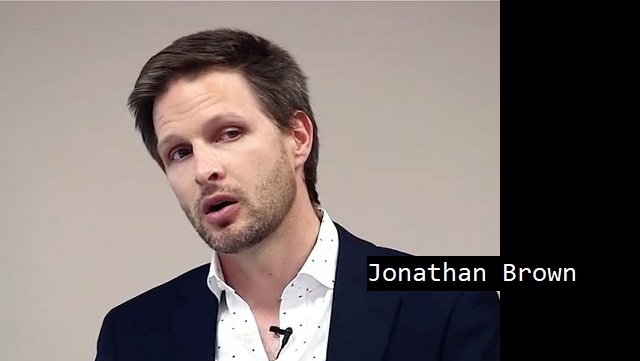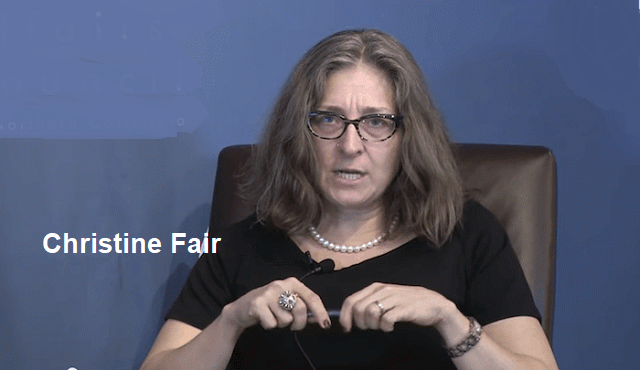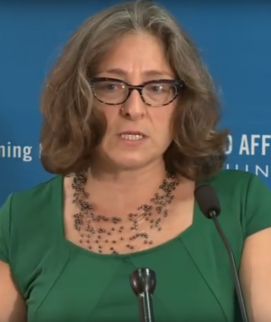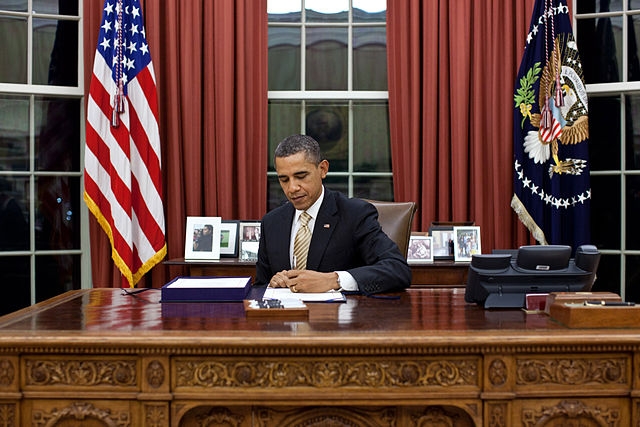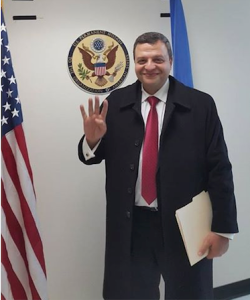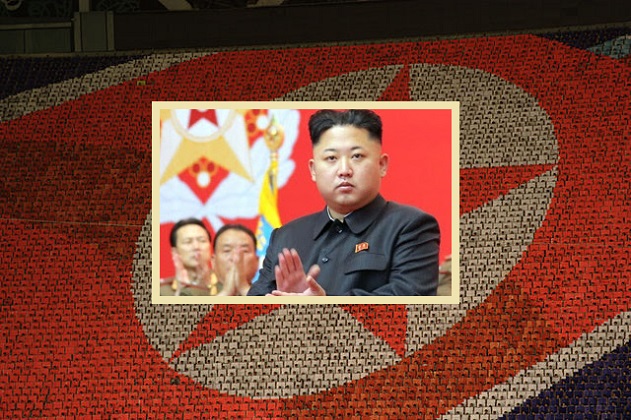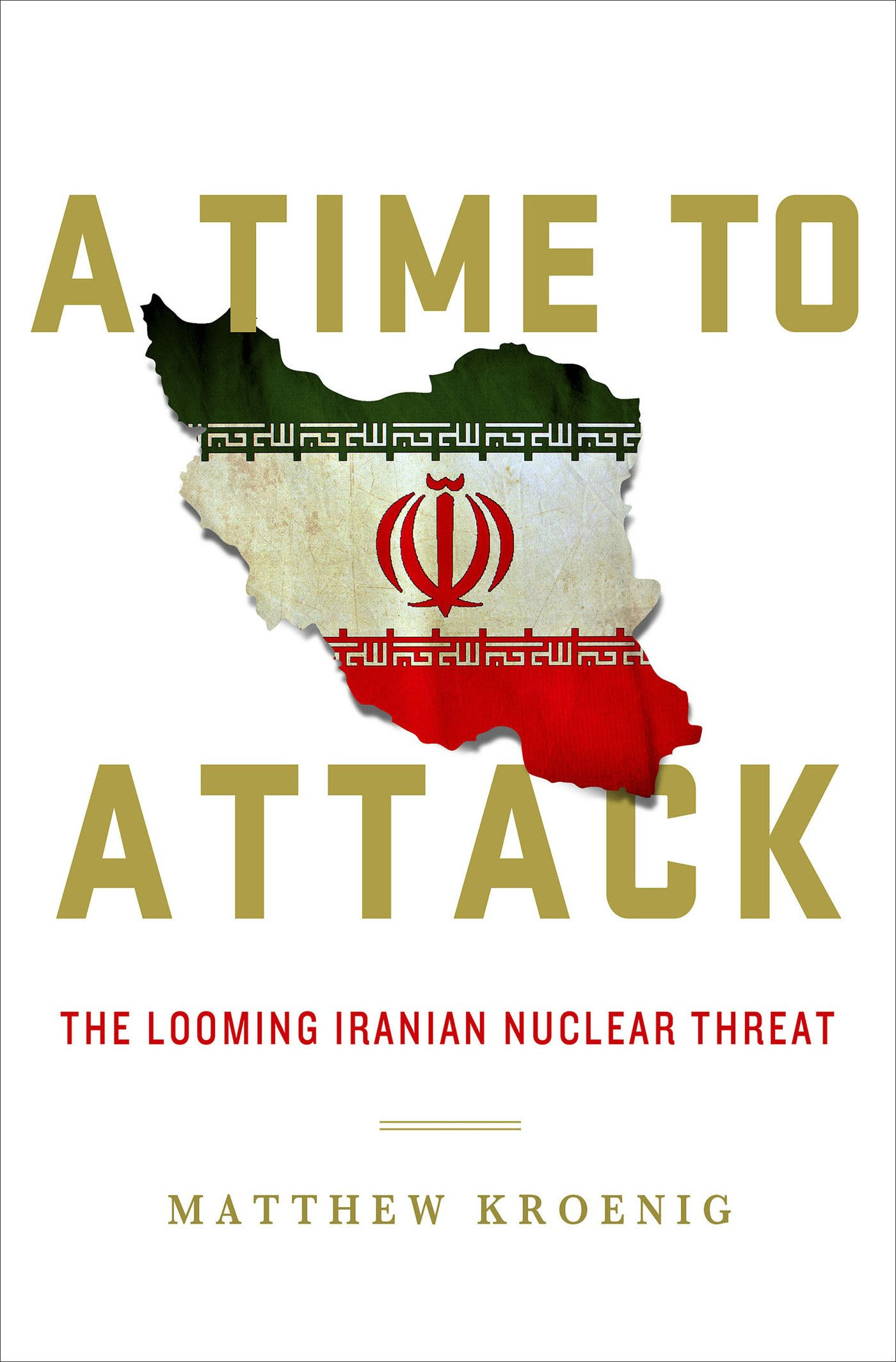The IEI and Ariane Tabatabai’s Controversy
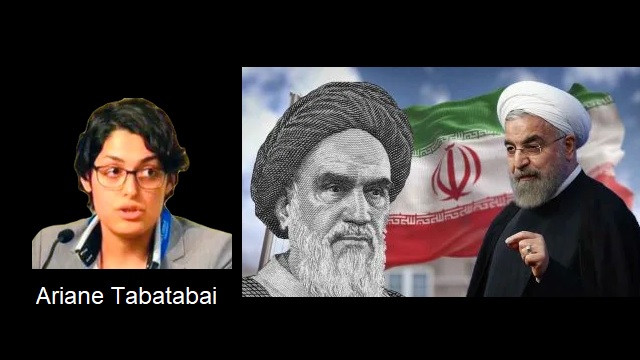
Exploring the IEI’s Global Influence and the Enigma Surrounding Tabatabai’s Role.
In the world of international diplomacy, secrets have a way of unraveling. Leaked emails and reports have recently unveiled a clandestine Iranian operation known as the Iran Experts Initiative (IEI). This covert endeavor, designed to cultivate support for Iran’s nuclear program, has sent shockwaves through the corridors of power. But that’s just the beginning.
Within this revelation, another thread has emerged — the involvement of key figures from the Biden administration with the IEI. This revelation raises profound questions about foreign influence and its implications on U.S. policy.
The IEI, previously shrouded in secrecy, has now been exposed for what it is – a covert Iranian operation. Its primary objective? To garner international support for Iran’s nuclear ambitions. This revelation adds a new layer of complexity to the ongoing global discussions about Iran’s nuclear program.
The involvement of Biden administration aides with the IEI is a central theme. These individuals, working within the highest echelons of the U.S. government, had ties to the IEI. The nature of these links and their implications on U.S. policy decisions remain under scrutiny.
The IEI was not limited to a single sphere of influence. It infiltrated academia, leveraging the credibility of scholars to propagate its agenda. Meanwhile, sympathetic journalists played their part, shaping public perception subtly. Think tanks, known for their role in policymaking, were strategically targeted. Case studies vividly illustrate the IEI’s success in influencing policy decisions. And it didn’t stop there; former government officials transitioning into advocacy roles created conflicts and ethical dilemmas that continue to raise eyebrows.
The Biden administration’s approach to Iran stands in stark contrast to previous administrations. It is marked by a commitment to re-engage with the Islamic Republic of Iran, a notable departure from the aggressive stance of the past. This shift in policy has not only raised eyebrows. Still, it has caused genuine concern among policymakers and the public, who worry about potential risks and the implications of this new direction, making it a central point of debate in the broader context of U.S. foreign policy.
Amidst these revelations, the potential for undue influence on U.S. policy looms large. The need to mitigate foreign impact is paramount, echoing concerns about the integrity of policymaking. It’s a complex issue with no easy answers.
Ariane Tabatabai’s Controversy
As this international intrigue unfolds, Ariane Tabatabai, a former Georgetown University security studies professor and current senior adviser to the U.S. Department of Defense, finds herself at the center of a heated controversy. Genuine concern has arisen regarding her purported ties to Iranian regime influence networks and her security clearance.
The acquisition of her security clearance remains a shadowy enigma, with scant details emerging. Yet, one report suggests that her connections to the Islamic Republic networks managed to evade detection during the clearance process.
The security clearance saga erupted in April 2021 when a group of U.S. lawmakers demanded the revocation of Tabatabai’s clearance, citing her involvement in an “Iranian influence network” that they believed endangered national security.
Fast forward to September 2023, and Republican lawmakers intensify the call. They demand an investigation into Islamic Republic-backed influence operations on U.S. soil, advocating the suspension of clearances for officials, including Tabatabai, potentially swayed by these networks.
In response, Tabatabai can only refute these allegations. She tries to label them “baseless and unfounded,” portraying them as part of a “smear campaign” orchestrated by lawmakers seeking to undermine the Biden administration’s diplomacy with Iran’s regime, yet providing no clear explanations for the accusations.
And yet, despite the ongoing furor, Tabatabai’s security clearance endures as of September 2023, and surprisingly, she remains a senior adviser within the U.S. Department of Defense.
It’s not just her alleged ties to Iran’s regime influence networks that have been scrutinized. The accusations against her are part of a broader discourse surrounding U.S. policy towards the Islamic Republic of Iran. Some U.S. officials and lawmakers contend that the Biden administration’s stance is overly lenient, failing to adequately support the Iranian people’s battle for democracy and human rights. Conversely, others advocate for diplomatic engagement and peaceful resolution in the U.S.-Iran relationship.
This exposure of the Iran Experts Initiative raises critical questions about foreign influence on U.S. policy. Whether through academia, media, think tanks, or former officials, vigilance is imperative to maintain the integrity of U.S. policymaking in a complex and interconnected world.
As for Ariane Tabatabai’s security clearance acquisition remains opaque, while her ties to the Islamic Republic of Iran influence networks kindle a political storm. Lawmakers’ calls for revocation have yet to bear fruit, and she continues her work at the U.S. Department of Defense. This controversy also mirrors broader debates on U.S. policy towards Iran, illustrating today’s complexity of international diplomacy.
©2024. Amil Imani. All rights reserved.

